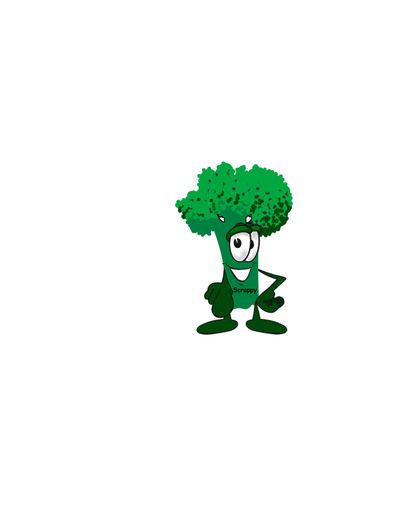Clean Green now accepting Food Waste

Food waste in the U.S. is a huge problem. At home, the average American family throws away 14 percent of their food, according to anthropologist Timothy Jones, University of Arizona.
Not only do we waste what we are so fortunate to have, when this waste is dumped into our landfills, it becomes harmful to the environment. But doesn’t it just biodegrade?
It does, but at the expense of our planet. Food waste placed in landfills and covered up with other garbage and dirt basically smothers due to lack of oxygen, thus producing methane, a greenhouse gas with a warming effect 20 times more potent than carbon dioxide, according to the U.S. Environmental Protection Agency.
When you recycle organic waste through composting, oxygen is a key ingredient in the mix which eliminates methane emissions; globally, these emissions are estimated to be as high as 70 million metric tons a year.
Soon Spokane County residents will be able to do their part in reducing this sizeable number, as food waste will be accepted, starting July 12, in all Clean Green containers, at no additional cost. If you don’t have pick-up in your area, people are encouraged to take their food scraps to one of the two transfer stations or waste-to-energy plant.
“More than one-third of what Spokane County residents put out as garbage is organic waste,” says Robyn Dunlap, public information coordinator for Spokane Regional Solid Waste, responsible for public education on recycling programs.
“Conceivably, if people were very conscientious and made sure they were placing all food items that are allowed, into their Clean Green cart, this much could be diverted from our landfills.”
For those who already compost at home, many items will be allowed in the Clean Green carts that aren’t typically recommended for home compost such as meat, fish, poultry, beans, and dairy products (non-liquid).
For those who haven’t given the issue much thought, this is a great opportunity to start decreasing the amount of waste they’re sending to landfills and at the same time, contribute to cleaner air.
The “Clean Green” program started in 1993 by the City of Spokane. Since then 563,899 tons in yard debris has been collected and composted. Currently an estimated 55,000 to 60,000 clean green carts are put out on the curb each week throughout Spokane County. Now with the addition of food waste, Spokane should be able to get on the map for recycling efforts statewide.
“Presently Spokane County’s recycling rate is 42 percent, compared state-wide,” says Dunlap. “Hopefully, we’ll be able to improve that with food waste collection.”
The collected food waste will be trucked to Royal Organics in central Washington to be composted, where Spokane County’s yard debris is currently being sent; the inclusion of food waste with “Clean Green” will therefore basically be cost-neutral.
Often the initial reaction to food waste collection is “Won’t it smell and attract pests?” The answer is no, not any more than your garbage does, when managed properly.
To separate your food items from your garbage, any convenient container can work, such as a plastic pitcher or lidded ice bucket-something with a tight-fitting lid which will help prevent odors and insects. Kitchen scrap containers are available in stores and online.
Other suggestions include lining your kitchen container with newspaper and to empty and clean the container regularly. You can also use newspapers or a paper bag to wrap food scraps before placing in your Clean Green cart. As with garbage, always keep the cart lid closed.
“This is a voluntary option, as are the entire Spokane region’s recycling programs,” says Dunlap. “Although other cities, such as Seattle and San Francisco have mandatory aspects to their programs, we’ve found that Spokane folks tend to recycle at a fairly high level even though it’s not required. By including food scraps, we are offering the opportunity for them to do even more.”
Depending on who provides garbage hauling service, cost for a Clean Green cart varies between $12-$13.50/month. Pick-up schedules also vary. Please contact your garbage hauler for more information. North County Transfer Station, 22123 Elk-Chattaroy Road (Intersection of Elk-Chattaroy Road and Highway) Transfer Station, 3941 N. Sullivan Road (South of Trent across from Spokane Industrial Park) Waste to Energy Facility, 2900 S. Geiger Blvd. (West of Spokane across from the Washington State Patrol) These locations are open Monday through Friday from 7 a.m. to 5 p.m. The Clean Green rate is a minimum of $5 for 280 lbs. or less, and 35› per additional 20 pound increment.